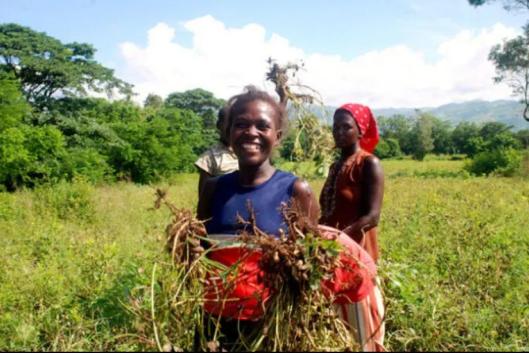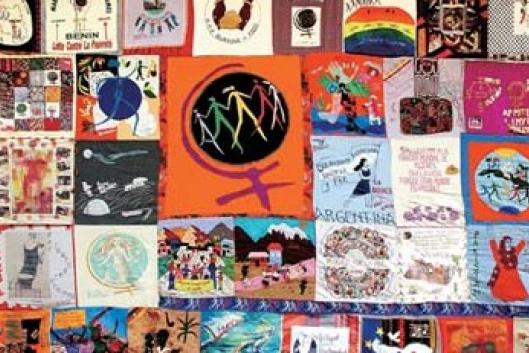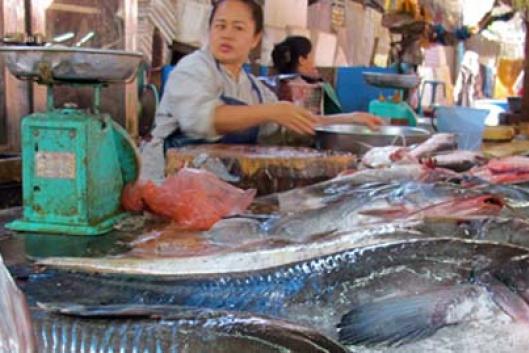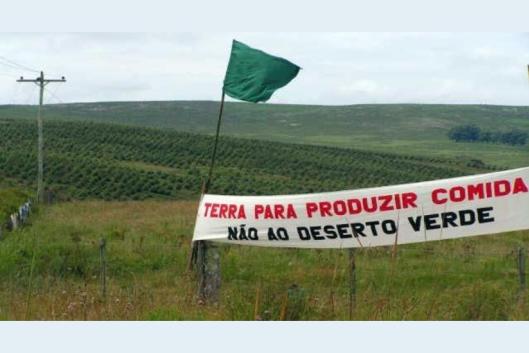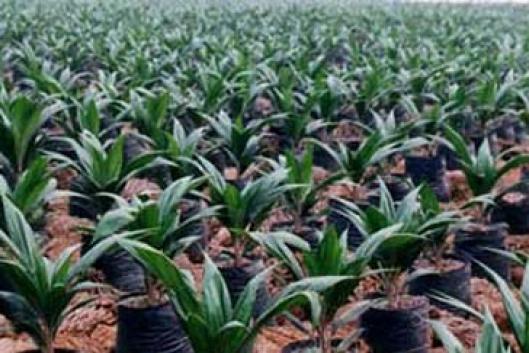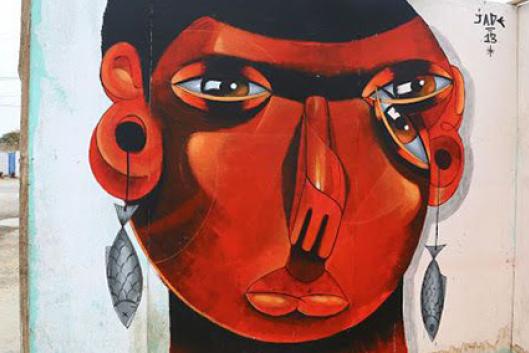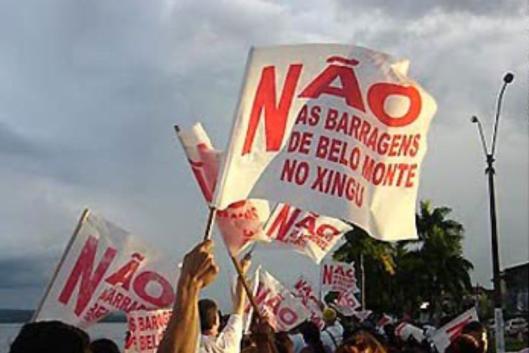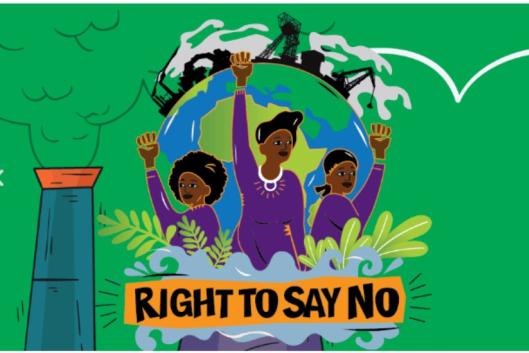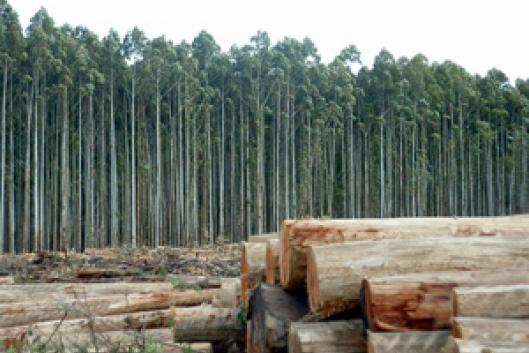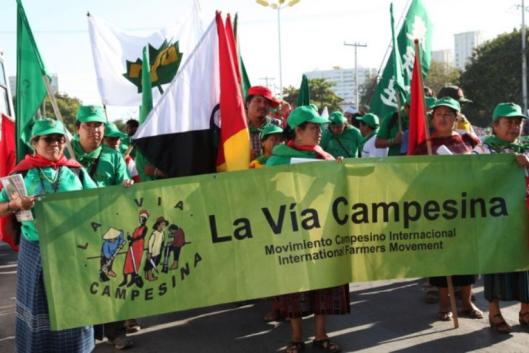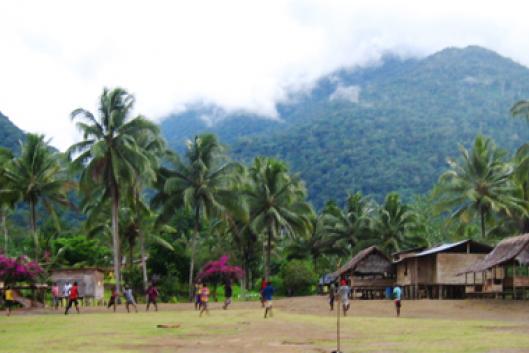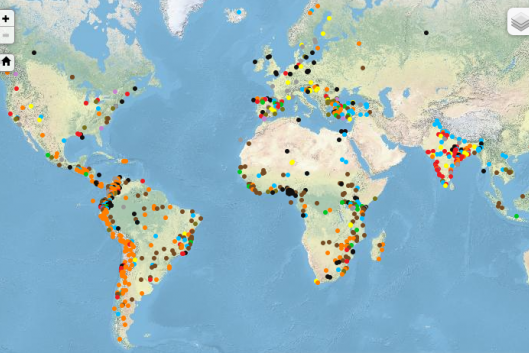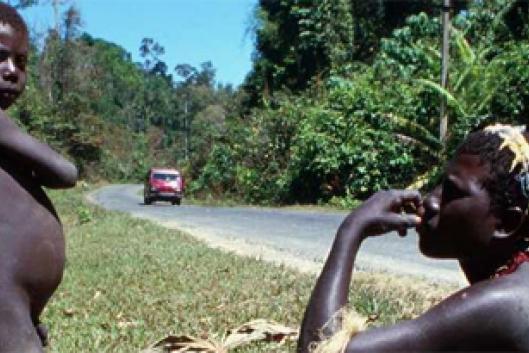Today, many big companies have programmes aimed at emphasizing the equality of opportunities offered to women. These are companies that are concerned about showing the importance they give to incorporating women in their business strategies. This concern seems to represent a politically correct stance in a time when, fortunately, there are a growing number of policies in many countries aimed specifically at women, as a way of reducing the inequality they have historically faced. These problems of inequality are far from resolved, however. For example, there are numerous studies which demonstrate that when it comes to formal employment, women continue to earn significantly lower salaries than men, even when they are doing the same work.
Bulletin Issue 200 – March 2014
The Struggle of Women: Everyone's Struggles
WRM Bulletin
200
March 2014
OUR VIEWPOINT
THE STRUGGLE OF WOMEN: EVERYONE’S STRUGGLES
-
5 April 2014Today, we watch as the capitalist system undergoes a major restructuring in order to keep the current order of oppression and exploitation in place.
-
5 April 2014In Thailand, Laos, Cambodia, Vietnam and Myanmar it remains common until today that the wife will be the one who ‘owns’ the land of the paddy or upland rice fields. . Women therefore can be the ones fully responsible for maintaining those resources for the next generations.
-
5 April 2014“It is the rural women’s movements that have been at the forefront of massive public actions aimed at fighting back against the big corporations in the agri-food sector (pharmaceutical laboratories that produce transgenic seeds and toxic agrochemicals) and defending biodiversity.” (SILIPRANDI, 2013, p. 239)
-
5 April 2014In October 2013, women from throughout the Amazon region marched to Quito, the capital of Ecuador, to protest outside the 11th oil licensing round, in which oil exploration concessions were to be granted over millions of hectares of indigenous territories in the eastern central-south area of the country. While this was happening, various male indigenous leaders were participating in the opening event of the auction, while others, outside the event, were somewhat hesitant to show open and determined support for the indigenous women.
-
5 April 2014A report by Edwin C. Perry, Cheryl Potgieter and Urmilla Bob,(1) highlights the links between environmental conflicts and women. The authors join to the growing attention put by women’s movements, non-governmental organizations (NGOs) and researchers, among others,on violence against women as well as on the need to examine its links to situations of conflicts
PEOPLES IN ACTION
-
5 April 2014On March 8, 2014, peasant farmers from organizations including the MPA, MST, MMC, Quilombolas, the Union of Rural Workers of Mucuri and Montanha and Fetaes, along with youth activists and other social movements, took to the streets of Montanha, in the state of Espírito Santo, Brazil, to denounce the pact between large landholders, the public administration and multinational corporations like Fibria (formerly Aracruz Celulose) to transform the region into an “enormous desert of eucalyptus”. During the political rally held in the town’s central square, some 1,000 women handed out eucalyptus outside the town hall and the headquarters of public offices as a form of protest.
-
5 April 2014The women and men farmers and peasants belonging to the Via Campesina, are calling for this April 17th to be a global day of action and mobilisation in defence of the struggles of farmers and peasants, and, in particular, in defence of peasants' and farmers' seeds which are a heritage of the world's peoples in the affirmation of Food Sovereignty.
-
5 April 2014La Via Campesina, Friends of the Earth International, Focus on the Global South, the World Rainforest Movement and more than than 120 organizations from around the world sent a letter to the Food and Agriculture Organization of the United Nations, FAO, in Rome, on the occasion of March 21st, the UN International Day of Forest. The letter demands that the FAO change its present definition of forests.
RECOMMENDED
-
5 April 2014Environmental Justice Atlas, by EJOLT, a large EU project bringing science and society together to catalogue ecological distribution conflicts and resistance struggles. The interactive map describes in detail 900+ cases of environmental crimes. http://ejatlas.org/
-
5 April 2014Should we build more large dams? The actual costs of hydropower megaproject development, By Bent Flyvbjerg, Alexander Budzier, Daniel Lunn. An important scientific study by University of Oxford researchers on hydropower mega-dams built between 1934 and 2007 (245 dams in 65 countries). www.sciencedirect.com/science/article/pii/S0301421513010926
-
5 April 2014First-hand testimony of Andaman tribe reveals sexual exploitation - In an audio recording obtained by Survival International, a young Jarawa man reports that poachers regularly enter his tribe’s protected reserve and lure young Jarawa women with alcohol or drugs to sexually exploit them. http://www.survivalinternational.org/news/9957
